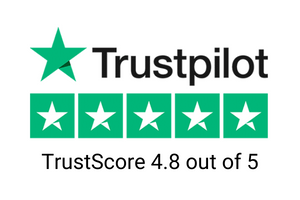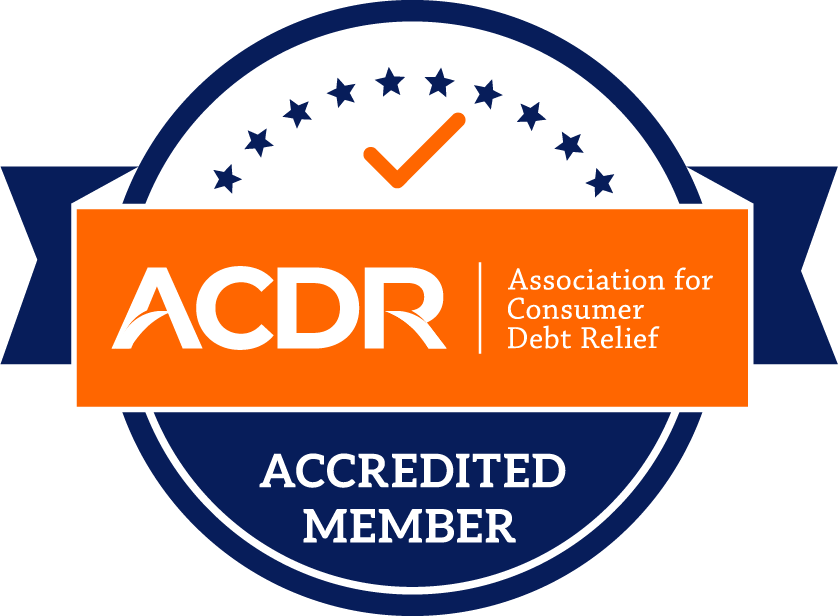Debt Consolidation Loans
A debt consolidation loan combines multiple debts into one loan, often with a lower interest rate. However, Pacific Debt Relief offers a different solution that can reduce your credit card debt by up to half!
Debt Consolidation Loans
A debt consolidation loan can combine multiple debts into a single loan with a lower interest rate or more manageable payments.
Is Debt Consolidation Right for You?
Debt consolidation combines multiple high-interest debts into one loan, simplifying payments and potentially lowering costs. To qualify for the best terms, you’ll need a good credit score; otherwise, low-interest options may be limited. The goal is to secure a loan with lower payments to free up cash or pay off debt faster. However, if your credit score is low, consolidation could end up costing more.
BBB Accredited Business A+ Rating
ButtonBBB Accredited Business A+ Rating
ButtonBBB Reviews | 4.9/5.0 Rating
- Reduce your credit card debt by up to half
- A+ BBB rating & no upfront fees
- 20 years of experience
or Talk to a Certified Debt Consultant
833-865-2028
Is Debt Consolidation Right for You?
Debt consolidation combines multiple high-interest debts into one loan, simplifying payments and potentially lowering costs. To qualify for the best terms, you’ll need a good credit score; otherwise, low-interest options may be limited. The goal is to secure a loan with lower payments to free up cash or pay off debt faster. However, if your credit score is low, consolidation could end up costing more.
Pacific Debt Relief offers a solution that can significantly reduce your debt to less than you currently owe.
BBB Accredited Business A+ Rating
ButtonBBB Accredited Business A+ Rating
ButtonBBB Reviews | 4.9/5.0 Rating
- Reduce your credit card debt by up to half
- A+ BBB rating & no upfront fees
- 20 years of experience
or Talk to a Certified Debt Consultant
833-865-2028
While debt consolidation can be a useful tool, it’s not always the best solution. Secured loans require collateral but often come with lower interest rates, whereas unsecured loans don’t require collateral but may have higher rates.
While debt consolidation can be a useful tool, it’s not always the best solution. Secured loans require collateral but often come with lower interest rates, whereas unsecured loans don’t require collateral but may have higher rates.
Secured vs. Unsecured Debt
Secured loans require collateral, like a home or car, and typically offer lower interest rates. Unsecured loans don’t require collateral but often come with higher interest rates, making them riskier for lenders. While secured loans may provide better terms, failing to make payments could mean losing your asset. Understanding the risks and benefits of each option is key to choosing the right debt solution.
Debt consolidation is one way to manage debt, but it’s not the only option. Depending on your financial situation, alternatives like debt settlement, credit counseling, or debt management plans may be more effective.
Secured vs. Unsecured Debt
Secured loans require collateral, like a home or car, and typically offer lower interest rates. Unsecured loans don’t require collateral but often come with higher interest rates, making them riskier for lenders. While secured loans may provide better terms, failing to make payments could mean losing your asset. Understanding the risks and benefits of each option is key to choosing the right debt solution.
Debt consolidation is one way to manage debt, but it’s not the only option. Depending on your financial situation, alternatives like debt settlement, credit counseling, or debt management plans may be more effective.
Imagine Being Debt-Free. With Us, It's Possible
Imagine Being Debt-Free. With Us, It's Possible
✓ Reduce Your Debt Up to Half
✓ Zero Upfront Fees
✓
Federally Regulated Program




 Do Not Sell My Personal Information
Do Not Sell My Personal Information